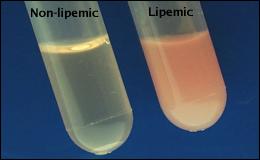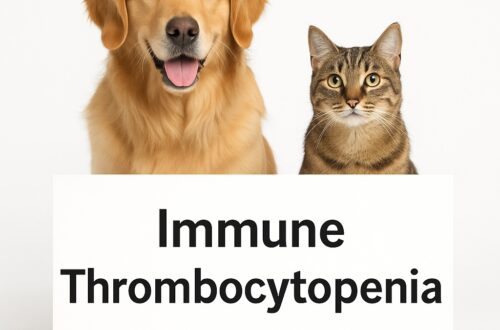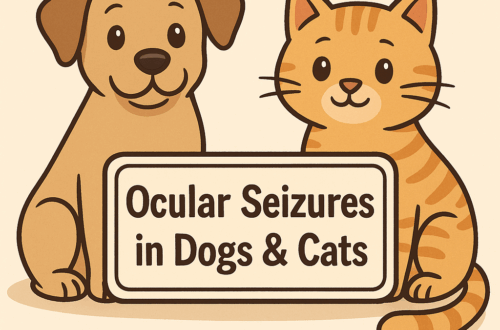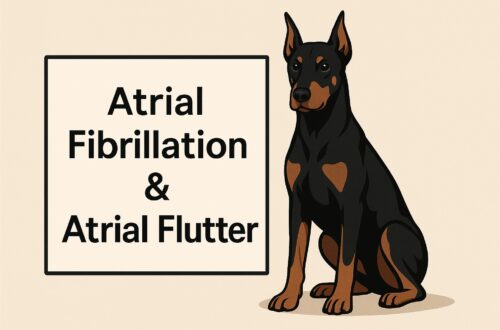Both primary care veterinarians and board-certified veterinary specialists often need to perform non-invasive blood and imaging tests in an attempt to determine why a pet is sick. In most scenarios, properly fasting an animal is truly instrumental in ensuring results are accurate. If I’m going to ask your pet to go through the testing process and if I’m going to ask you to spend money on tests, I must do everything to ensure results are as reliable as possible.
Nevertheless inevitably when veterinarians inform pet parents that fasting is recommended, one would swear the world is coming to an end. How dare we ask them to deny their fur baby food! The drama is utterly amazing, as families feel withholding food for 8-12 hours is akin to torture.
Thus I wanted to write this blog to thwart the potential hysteria and explain why veterinarians recommend proper fasting prior to blood testing.
Which tests are influenced improper fasting?
Improper fasting can adversely influence many frequently performed diagnostic tests by increasing the level of fat in the blood; this is called lipemia that can readily yield inaccurate results.
Common blood tests influenced by improper fasting include:
- Serum biochemical profiles
- Glucose/blood sugar level
- Cholesterol and triglyceride levels
- Liver enzymes (i.e.: ALT, ALP, GGT, AST)
- Testing for Cushing’s disease (ACTH stimulation test; low-dose dexamethasone suppression test)
Certain blood tests measure the function of specific internal organs, and proper evaluation of their function requires blood be collected after specific periods of fasting. Common tests of organ function that require appropriate fasting are:
- Liver function testing (serum bile acids)
- Pancreatic function testing for exocrine pancreatic insufficiency (TLI)
- Pancreatitis testing (PLI or Spec fPL)
Measuring the blood levels of specific drugs is required to ensure optimum dosing and effectiveness of therapy; common examples include:
- Thyroid function
- Anti-seizure medications
Research has shown these blood samples must be collected after specific time periods. In these instances, pet parents may be asked to fast their pets and bring them in for blood collection at a specific time after medication has been given.
Lastly patients who are having an abdominal ultrasound performed should be fasted for 8-12 hours. Why? Without proper fasting, food within the digestive track, particularly the stomach, interferes with adequate visualization of specific organs within the abdominal cavity. Again if I’m going to ask your pet to sit through a test and if I’m going to ask you to spend money on a test, I want to know the results are dependable!
For how long does my pet need to be fasted?
Typically at least eight hours of fasting is required for the majority of blood tests. For some specific assays, particularly cholesterol and triglyceride measurements, a 12-hour fast is recommended. Your pet’s veterinarian will advise you about the appropriate fasting period for specific recommended test(s).
Can my pet drink water during fasting?
Your pet may continue to drink water while fasting. Indeed fresh cool water should rarely, if ever, be withheld from an animal.
Are there times when fasting is not needed?
Not every blood test a veterinarian may recommend requires a patient be fasted. The doctor will advise a family if fasting is recommended. Some patients may also be living with health conditions in which fasting is not in the patient’s best interest. Common examples include:
- Neonatal patients (0-2 weeks of age)
- Infants (2-6 weeks of age)
- Weanling patients (6-12 weeks of age)
- Some diabetic patients
- Toy breed patients who have difficulty maintaining their glucose/blood sugar level
For patients with these specific health conditions and/or certain pediatric patients, a veterinarian will provide specific instructions about proper time of blood collection.
The take-away message
Many pet parents sleep for 8-12 hours, and so too do their dogs and cats. Thus with few exceptions, fasting a pet for this length of time should not be a problem! Just as fasting generally does not harm humans, neither does it often cause complications for dogs and cats. With appropriate fasting, a pet’s medical team is empowered with the most accurate information to best help your pet!
To find a board-certified veterinary internal medicine specialist, please visit the American College of Veterinary Internal Medicine.
To find a board-certified veterinary emergency and critical care specialist, please visit the American College of Veterinary Emergency and Critical Care.
Wishing you wet-nosed kisses,
cgb









Excellent article. Haste sure does make waste. Fasting your friend can be hard but it is much harder when tests, especially the ones that get mailed to reference labs, come back as lipemic and cannot be read. Then the fasting must be repeated and now we are days behind when a diagnosis could have been made.
Thank you for your comments Dr. Olson! I could not agree with you more. One of my ardent philosophies: do it properly the 1st time so you don’t lose any precious time!